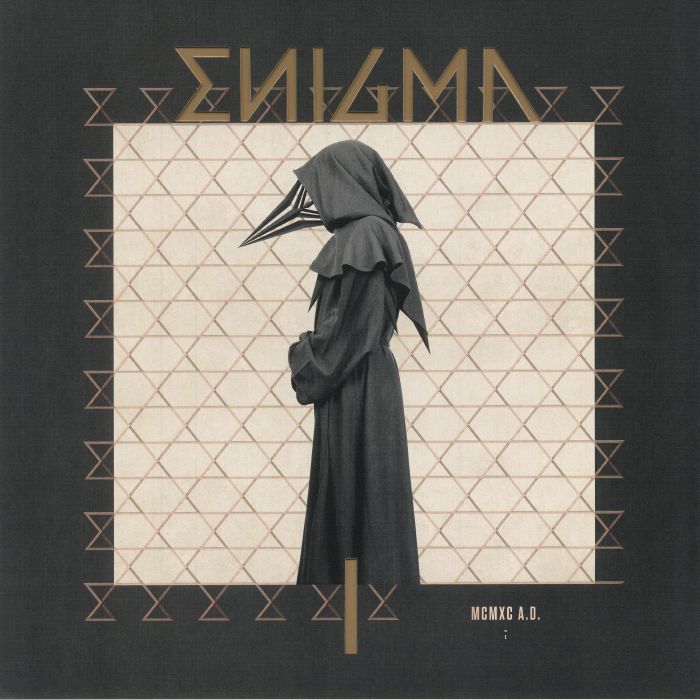

Gregorian, and Cuitad as David Fairstein. under the same monikers as on "Sadeness (Part I)": Cretu as Curly M.C., Peterson as F. The three producers were credited on MCMXC a.D. Cretu still wanted to remain anonymous, believing that the consumers would buy the album for the music itself. was released in Europe by Virgin Records on 3 December 1990, and in the United States by Charisma Records on 12 February 1991. Despite having virtually no promotion, "Sadeness (Part I)" became an international hit and reached number one in Germany faster than any previous new release, and prior to the completion of its music video. Virgin Records promoted the song with radio and club-play only. Gregorian, and Cuitad was credited as David Fairstein. Due to this, he was credited as Curly M.C., while Peterson was credited as F. He believed that it was not important for consumers to know who the producer is and wanted them to buy the single for the music itself. Michael Cretu wanted to be anonymous and wished for the single not to be promoted. After making the song, Michael told Sandra Cretu, "This will be a huge hit or nothing at all." "Sadeness (Part I)" was released as a single on 1 October 1990. The first song recorded for the album was " Sadeness (Part I)". Cretu conceived the album as one continuous song his philosophy when creating it was, "Contrary to the usual record-company philosophy, people are open-minded and starved for something unique." Cretu produced MCMXC a.D., with creative input from Frank Peterson and Fabrice Cuitad. Studios, Cretu's studio located on the Spanish island of Ibiza. was recorded in 1990 in eight months at A.R.T.
-Trasera+back+cover.jpg)
Michael Cretu married Sandra in 1988 and came up with the idea of a new-age musical project, which would become known as "Enigma". He would become fascinated with incorporating archaic sounds into contemporary songs. Cretu experimented with Gregorian chant while working on the song with Sandra, and the chants appeared at the beginning of her song. In 1987, Michael Cretu worked with Sandra on her song " Everlasting Love". Four singles from the album were released: " Sadeness (Part I)", " Mea Culpa (Part II)", " Principles of Lust", and " The Rivers of Belief". It was certified quadruple platinum in the US by the Recording Industry Association of America (RIAA). became a worldwide success, reaching the top 10 on record charts in 10 countries, including charting at number six in the United States, staying on the country's Billboard 200 chart for 282 weeks. The case was dropped after Cretu agreed to pay compensation.Ĭommercially, MCMXC a.D. The Gregorian chant was taken from recordings by Capella Antiqua München, which resulted in the Munich-based choir's label, Polydor Germany suing Cretu and Virgin Records for infringing on its "right of personality". combines new-age music with dance rhythms, as well as combining themes of religion and Gregorian chant with sexuality, for which the album received generally positive reviews from music critics.

Following Michael Cretu and Sandra's marriage in 1988, Michael developed the idea of the musical project Enigma and recorded the album over the course of eight months in 1990 at A.R.T. Cretu became fascinated with mixing archaic sounds with modern music after producing German pop singer Sandra's song " Everlasting Love", for which he experimented with Gregorian chant. It was released in Europe by Virgin Records on 3 December 1990, and in the United States by Charisma Records on 12 February 1991. is the debut studio album by the German musical project Enigma, led by Romanian-German musician Michael Cretu.


 0 kommentar(er)
0 kommentar(er)
